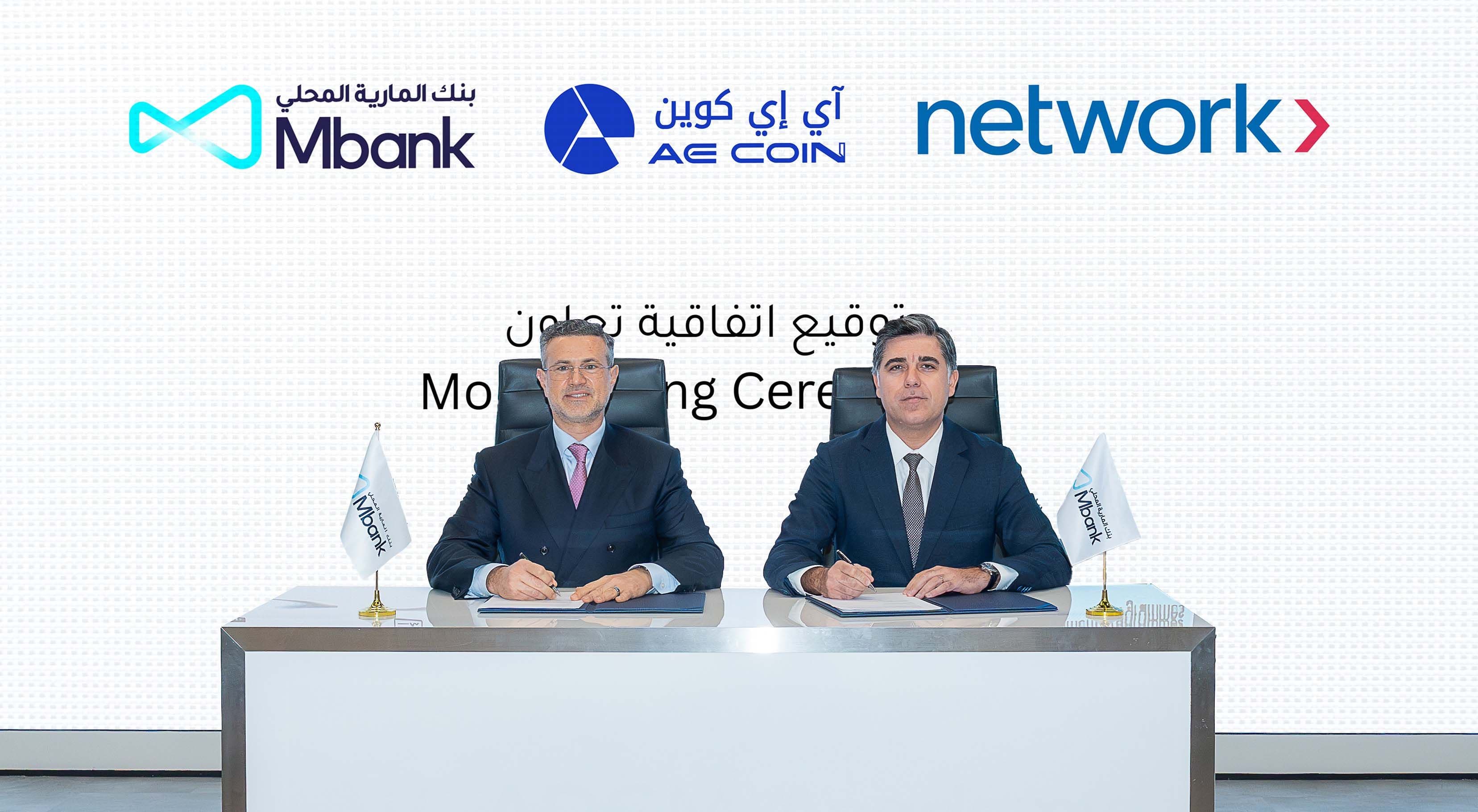 Sam Altman Claps Back at Elon Musk "No thank you, but we will buy Twitter... if you want." [Image Source: Shutterstock]
Sam Altman Claps Back at Elon Musk "No thank you, but we will buy Twitter... if you want." [Image Source: Shutterstock]In a surprising twist that has captivated the global tech industry, Elon Musk recently attempted to acquire OpenAI, the cutting-edge artificial intelligence research lab he once helped fund. However, in a witty and defiant response, OpenAI CEO Sam Altman declined with a remark that quickly went viral: "No thank you, but we will buy Twitter... if you want."
The exchange, revealed through leaked private communications, has sparked intense discussion among tech insiders, investors, and AI enthusiasts. Musk’s well-documented interest in artificial intelligenc is evident in his ventures with Tesla, Neuralink, and xAI—has made his bid for OpenAI a particularly intriguing move. Meanwhile, OpenAI, founded in 2015 with the mission to ensure artificial general intelligence (AGI) benefits humanity, has emerged as a leader in AI research, with its flagship language model, ChatGPT, revolutionizing the field.
Musk’s Bold Proposal
Musk’s attempt to buy OpenAI aligns with his pattern of ambitious and often disruptive business decisions. Having built Tesla into an electric vehicle giant and revolutionized space travel with SpaceX, he has consistently sought to push technological boundaries. However, his bid for OpenAI signals a shift, raising questions about whether he aims to expand his influence over AI development or if his concerns about unchecked AI growth motivated the move.
Sources close to Musk suggest his primary motivation was to ensure OpenAI’s models remain aligned with his vision of responsible AI. He has long warned about the potential dangers of artificial intelligence, frequently calling for regulatory oversight and ethical considerations. His projects, from Tesla’s self-driving technology to Neuralink’s brain-computer interfaces, highlight his vested interest in AI’s future.
 Sources reveal that Elon Musk has officially attempted to acquire OpenAI, offering a hefty sum to bring its research and development under his control. [Image Source: Shutterstock]
Sources reveal that Elon Musk has officially attempted to acquire OpenAI, offering a hefty sum to bring its research and development under his control. [Image Source: Shutterstock]According to insiders, Musk made a formal offer to acquire OpenAI for a substantial sum, proposing to integrate the company’s research and development under his leadership. While he approached the deal professionally, his history with OpenAI remains complex. As one of its initial funders, he parted ways with the organization in 2018, reportedly due to strategic disagreements.
Altman’s Playful Rejection
Sam Altman, OpenAI’s CEO and former president of Y Combinator, has been instrumental in OpenAI’s rise as a leader in AI research. Under his leadership, the company has released groundbreaking models like GPT-4, solidifying its reputation in the industry.
Rather than engaging in negotiations, Altman’s response to Musk’s proposal was both humorous and pointed: “No thank you, but we will buy Twitter… if you want.” His remark underscored the ongoing tension between the two tech titans, particularly in light of Musk’s controversial $44 billion acquisition of Twitter in 2022. Since taking over the platform, Musk has made sweeping changes, including layoffs and policy shifts, that have drawn mixed reactions.
Altman’s quip subtly highlighted OpenAI’s success as an independent entity, despite its partnerships with corporate investors. It also served as a reminder of Musk’s own tumultuous takeover of Twitter, which has been scrutinized for its rapid restructuring and policy reversals. The exchange exemplifies the contrasting leadership styles of the two entrepreneurs—Musk, the aggressive disruptor, and Altman, the steady strategist.
Industry Reactions and Future Implications
Following this exchange, neither Musk nor Altman has publicly elaborated on the details of their conversation, though speculation continues. Some analysts believe Musk may make another attempt to gain influence over OpenAI, especially as AI’s role in society expands.
For OpenAI, the incident reinforces its standing as a key player in AI research, demonstrating its ability to resist external influence—even from a figure as powerful as Musk. Meanwhile, Musk’s rejection, coupled with Altman’s sharp response, highlights a growing divide in the AI landscape: one between those pushing for aggressive expansion and control and those advocating for balanced, ethical AI development.
The broader implications of this exchange extend beyond Musk and Altman. The AI industry faces increasing scrutiny over regulation, ethical considerations, and corporate influence. Musk’s interest in OpenAI underscores the high stakes involved in AI’s future and the competition among tech leaders to shape its trajectory.
As artificial intelligence continues to evolve, this clash between Musk and Altman serves as a reminder that even the most powerful figures do not always get their way, especially when their ambitions conflict with others’ visions for the future. Whether Musk will return with another offer remains uncertain, but for now, OpenAI stands firm under Altman’s leadership, with the tech world watching closely for what comes next.

Lawmakers push clarity act to define crypto rules

NYC token crash sparks rug pull allegations

No pardon coming for Sam Bankman-Fried, Trump says

Network International adds AE Coin payments